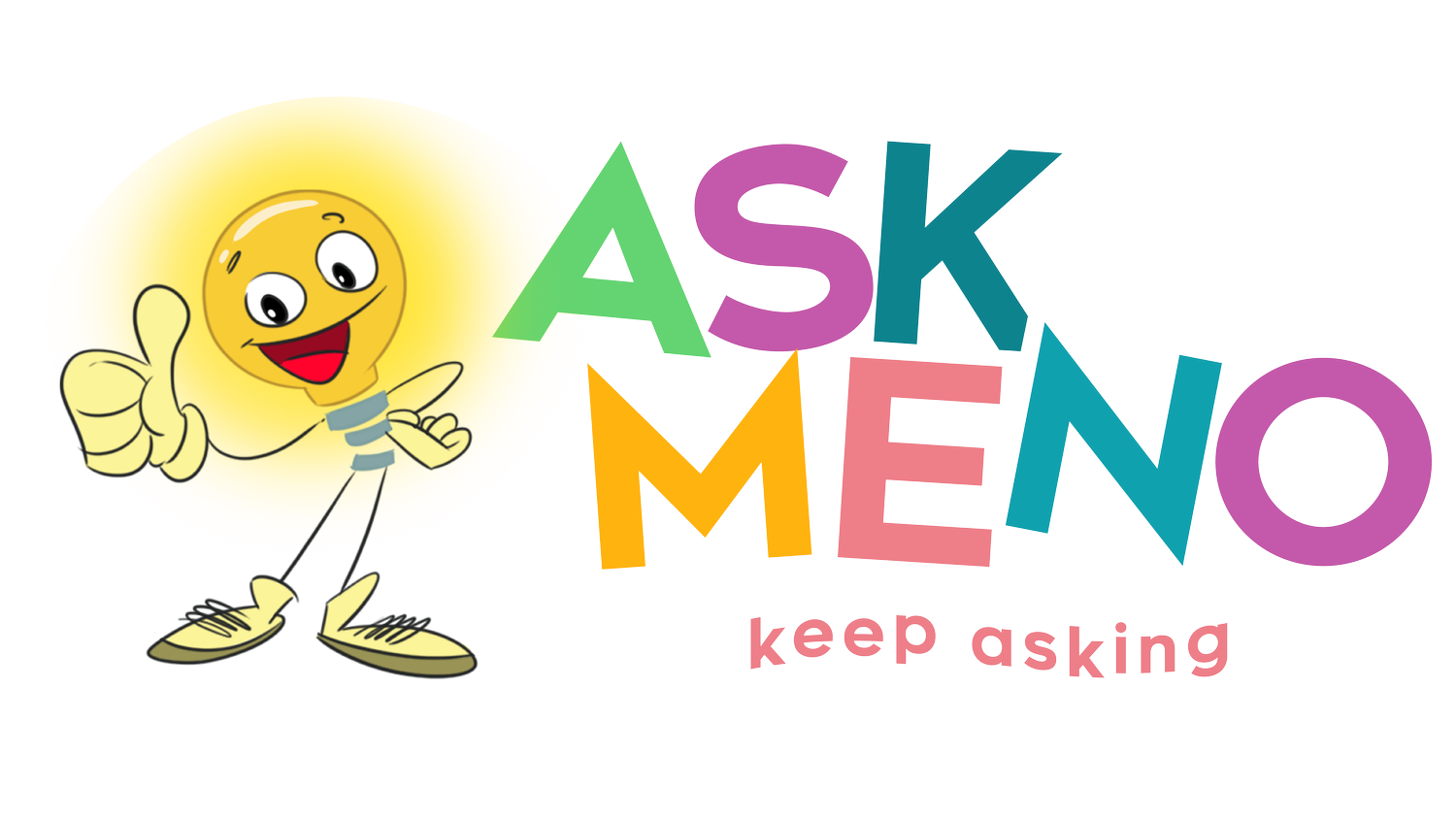Fundamentals of Developing Early Learner Oral Language
Science of Reading models consider oral language comprehension and production a critical component to literacy development. Yet many teachers feel less than prepared when it comes to teaching phonics, let alone language comprehension. This about sums it up:
“I took a phonics course. That was about it. I didn’t really have any preparation beyond that for teaching reading.” -—JoLynn Aldinger, K-2 teacher, Meridian School District, Meridian, ID¹
We see three key improvements needed to address this:
1️⃣ Mindset shift that prioritizes planning for several intentional conversation and language comprehension activities. (see this article for more)
2️⃣ The need for systematic and explicit oral language instruction embedded in curricula beyond simple read alouds. (see this article for more)
3️⃣ Districts and educators having a clear understanding of what constitutes language development fundamentals
Regarding the third, there needs to be a shift away from the typical classroom talk “IRE” model (teacher initiation, learner response, and teacher evaluation). For example:
❌ Kindergarteners sit quietly on the rug, listen to their teacher talk, raise their hands to answer the question, and then they have their answers evaluated.
This model limits higher-order thinking and reduces meaningful discourse necessary for our kids' literacy development². A return to basics is needed in the early classroom—one that emphasizes oral language instruction fundamentals²:
🗣️ Teacher Recasting - repeating the learner with corrected syntax
🗣️ Teacher Expansion - repeating the learner with a few new words with modifications to syntax to model more advanced language
🗣️ Teacher Elaboration - replacing select learner words to model vocabulary
🗣️ Teachers modeling highly concentrated target language - intentionally targeting many aspects of sentence and word structure in one interaction
🗣️ Learners answering planned open-ended questions
🗣️ Learners asking academically productive questions
🗣️ Learners using sentence stems
🗣️ Learners having decontextualized language practice - learners using language to talk about places, people, or things that are not visibly present at the moment
This is what strategic language scaffolding looks like.
—————
Note: If you have a need for oral language activities that support scaffolded, systematic language comprehension development, we encourage looking into our supplemental curriculum here.
Sources:
³https://ies.ed.gov/ncee/edlabs/regions/southeast/pdf/REL_2021045_module4_participant.pdf
Visit our Linkedin Page for more PD content
About AskMeno
AskMeno is dedicated to helping early-childhood leaders build the foundational oral language and social skills necessary for their young scholars’ reading comprehension and emotional wellbeing. AskMeno provides a play-based, teacher-facilitated supplemental curriculum that systematically and explicitly develops oral language and social skills through scaffolded, fun, and engaging learning activities.


